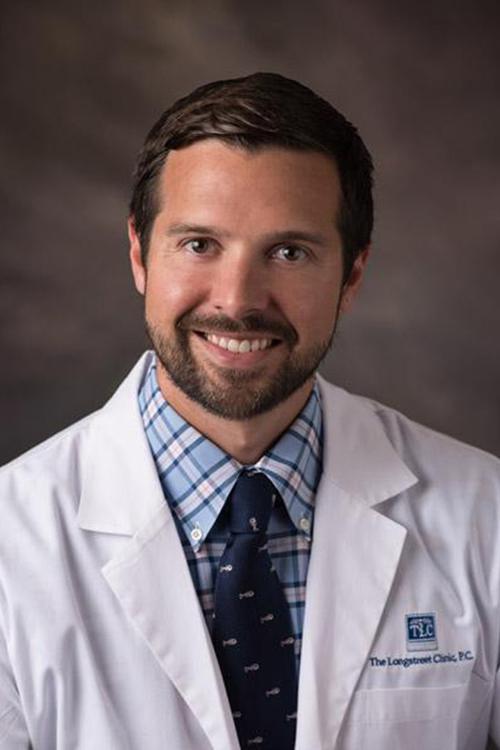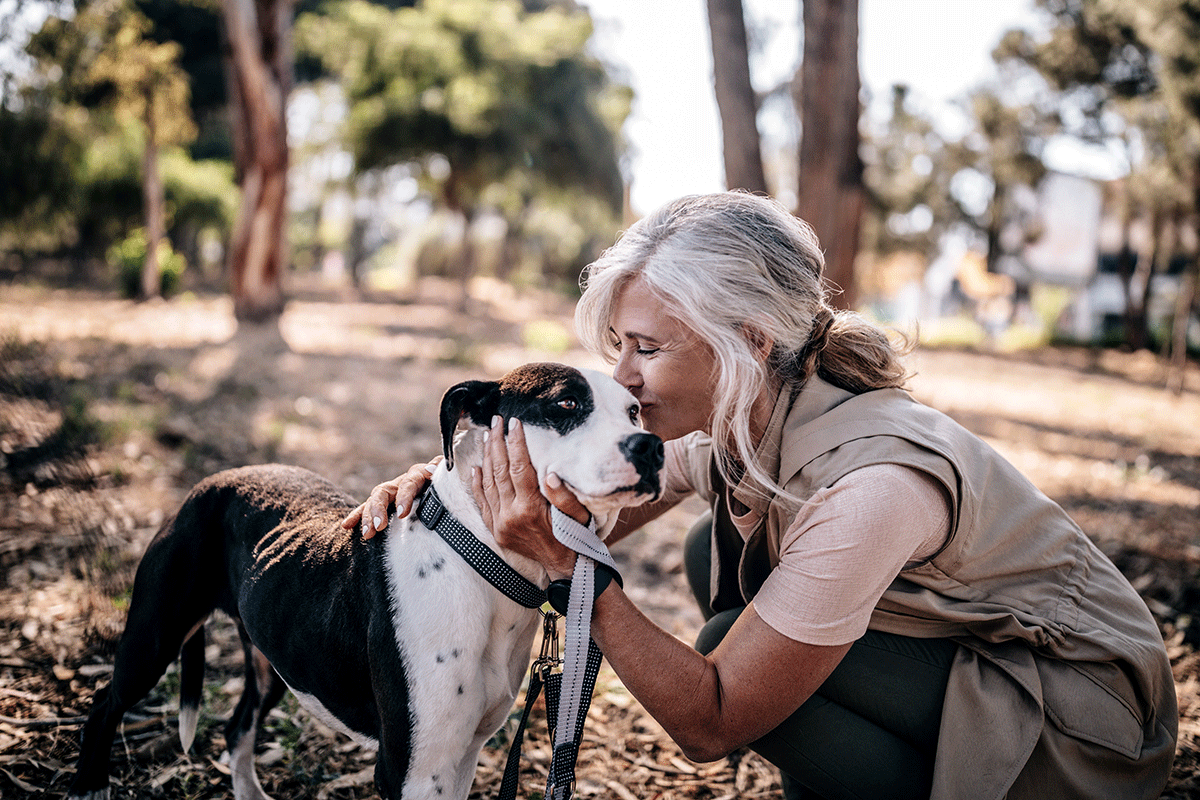The American Cancer Society estimates that more than 1.9 million Americans will be diagnosed with cancer in 2023. Many of them will receive chemotherapy as part of a treatment plan.
Chemotherapy refers to any chemical agent (or medication) used to treat any medical condition. The term itself is not specifically tied to cancer treatment, but chemotherapy is most commonly associated with cancer.
If you’ve been diagnosed with cancer and chemotherapy is recommended, you may have many questions. The team of Northeast Georgia Medical Center (NGMC) cancer navigators will be by your side to help answer your questions and guide you through every step of the process from diagnosis through recovery.
To answer a few commonly asked questions, though, we’re taking a few minutes to break down the basics about this type of cancer treatment and how it works. Keep reading for the details.
Defining chemotherapy
What is chemotherapy? When used as part of a cancer treatment plan, chemotherapy is a drug (or drugs) used to kill cancer cells.
There are more than 100 different chemotherapy medications, working in different and distinct ways. Chemo works to stop or slow the growth of cancer cells, so it may be used to treat cancer, reduce the risk of cancer recurrence, or shrink cancerous tumors that are causing uncomfortable or debilitating symptoms. Chemo is used to treat many different types of cancer, and it can be used as standalone treatment or alongside other therapies.
What to expect from chemotherapy
It’s entirely normal to have questions and even fears when beginning chemo. Knowing what to expect can help.
The first thing to know is that you will have a team of providers by your side! Your care will be guided by a medical oncologist, a type of physician with specialized expertise in treating cancer with medications. In addition to your oncologist, your care team may also include advanced care practitioners, like NPs or PAs, oncology nurses, infusion technicians, pharmacists, and dietitians.
To determine what type of chemotherapy you need, your medication oncologist will consider a number of factors, including the type of cancer you have, the stage of the disease, the symptoms you’re experiencing, and your overall health. This information will also guide your chemo schedule, determining how often you’ll need chemotherapy, how many sessions you need, and whether and when you need additional cycles.
When you think about chemotherapy, you likely think of the medications that are infused in the body using an IV or a port. That’s one type of chemo, but chemotherapy can also be given via injections, topically, or orally in some cases.
Before you have your first chemotherapy session, your care team will also talk with you about what to expect and any dietary or lifestyle changes you may need to make during treatment.
Understanding chemotherapy side effects
Chemotherapy medications are potent. They’re designed to kill off cancer cells, after all. But because these medications travel throughout the body, they can also affect healthy cells along the way.
When healthy cells are affected, side effects occur. Each different chemotherapy medication is associated with unique side effects, but there are some common side effects. Many people undergoing chemotherapy experience:
- Anemia
- Bleeding
- Constipation or diarrhea
- Fatigue
- Hair loss
- Loss of appetite
- Nausea and vomiting
While undergoing chemotherapy, your immune system is often diminished, so you’re also at an increased risk of developing infections.
Your medical oncologist and other members of your care team can talk with you about common side effects that may occur while you are undergoing chemotherapy for your specific cancer. They can also recommend ways to cope with side effects, such as lifestyle adaptations or medications. In some cases, they may offer medications that help protect unaffected cells in the body, lessening the likelihood of side effects.
If the side effects you experience seem particularly disruptive or are negatively impacting your quality of life, talk with your care team. In some cases, chemotherapy drugs simply aren’t a good fit for certain patients for one reason or another and alternative options may be needed.
The important thing to remember is: You aren’t alone. We’re here to help guide you through the process of treating cancer, including receiving chemotherapy.
Learn More
When you or a loved one are navigating cancer, you can turn to Northeast Georgia Medical Center for the expertise you need. Call 770-219-8815 or visit Cancer Services for more information.



